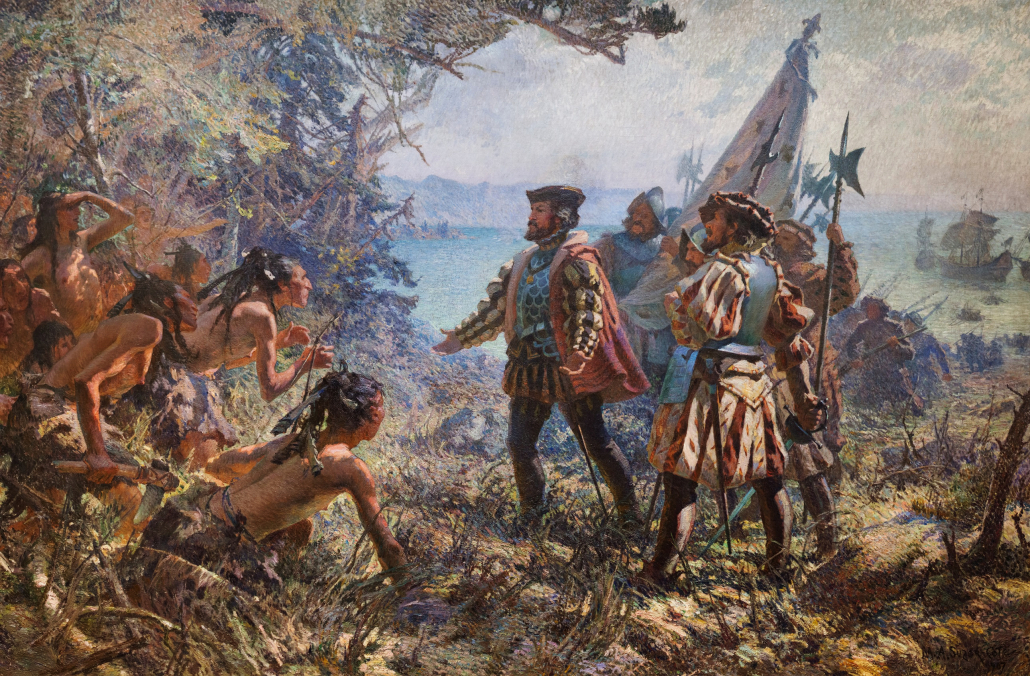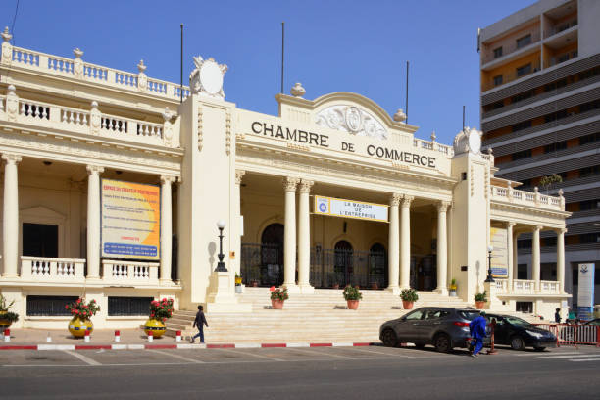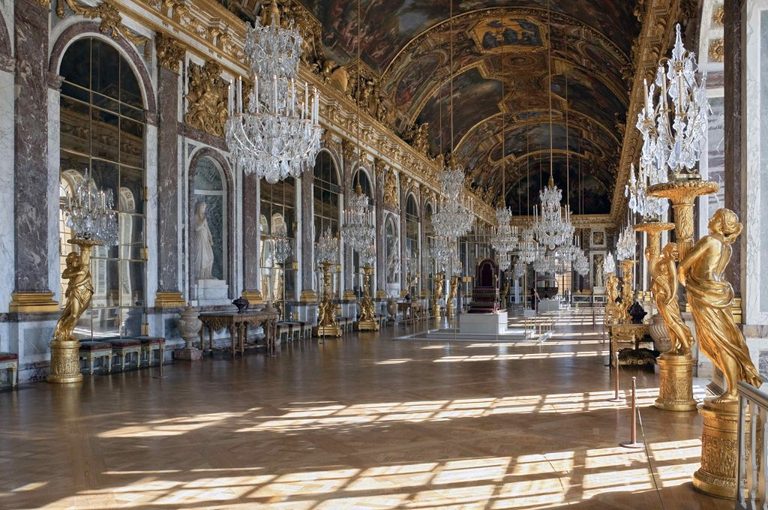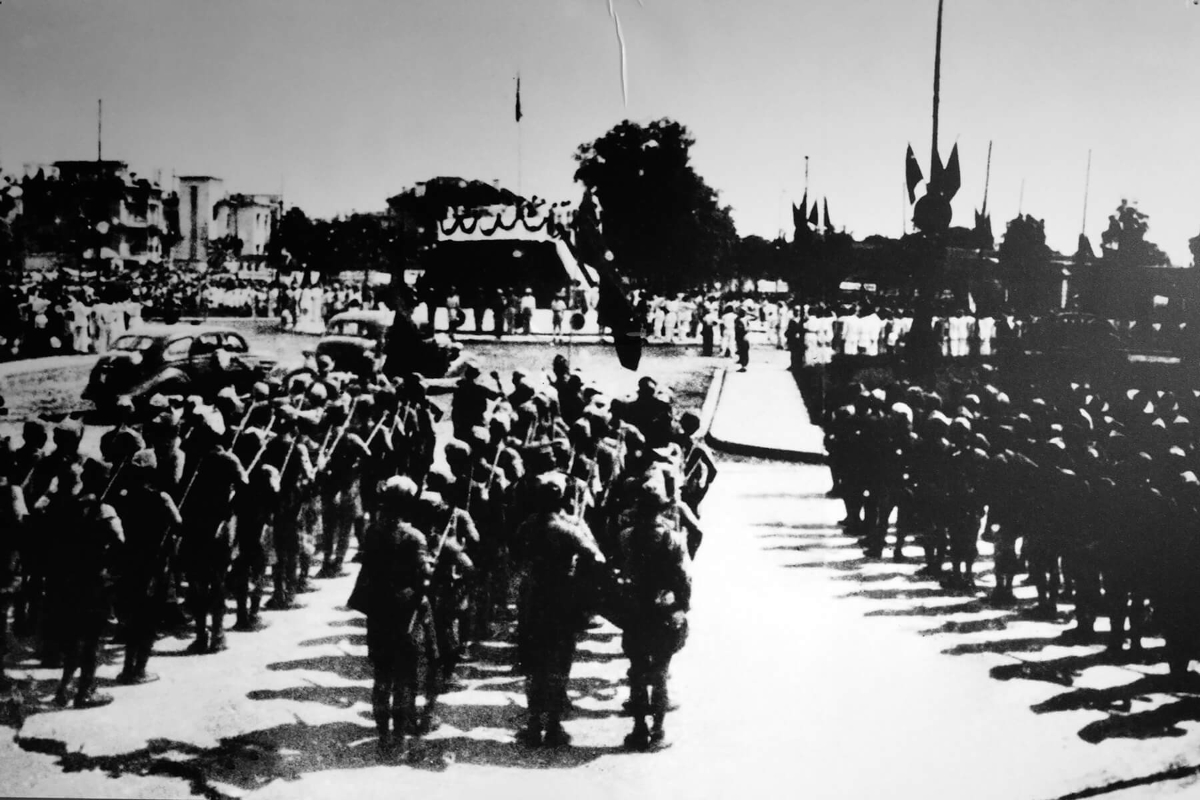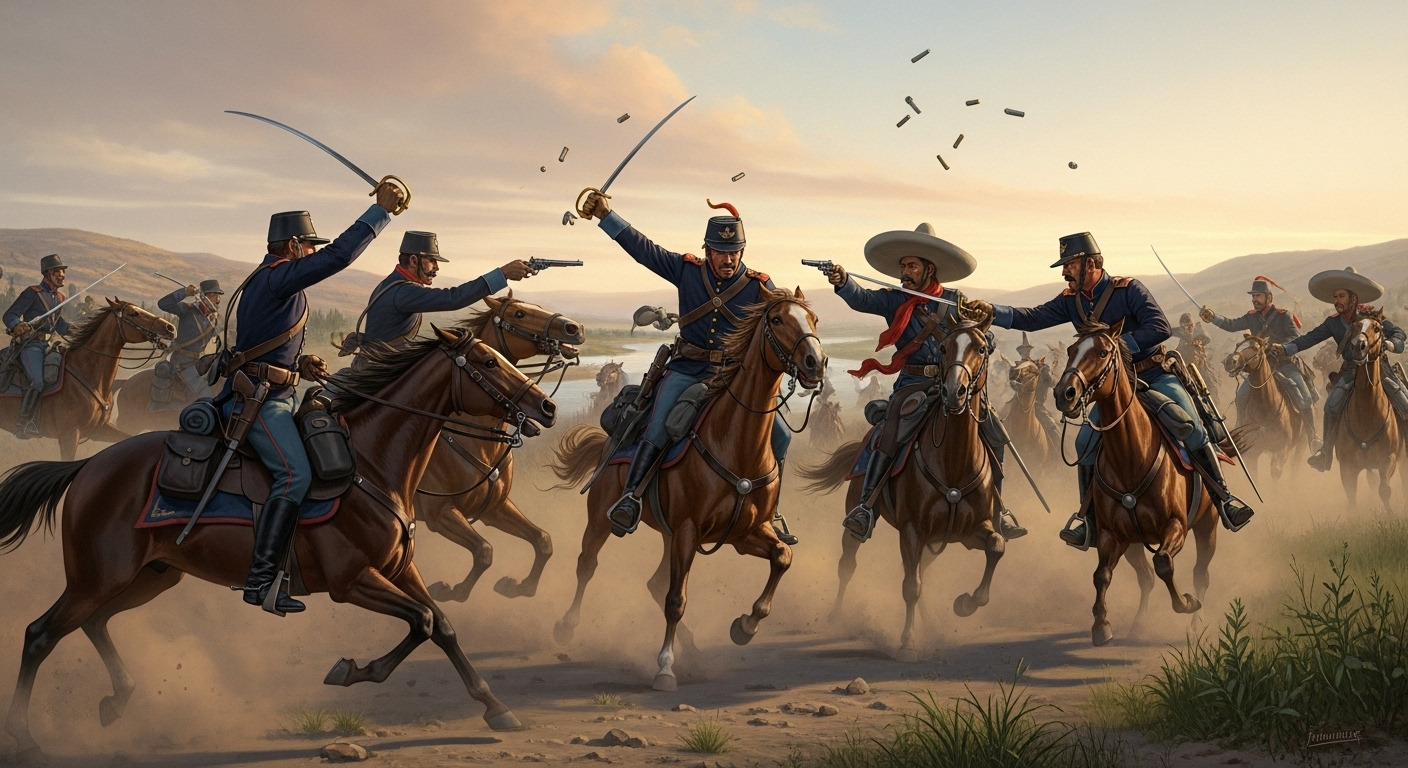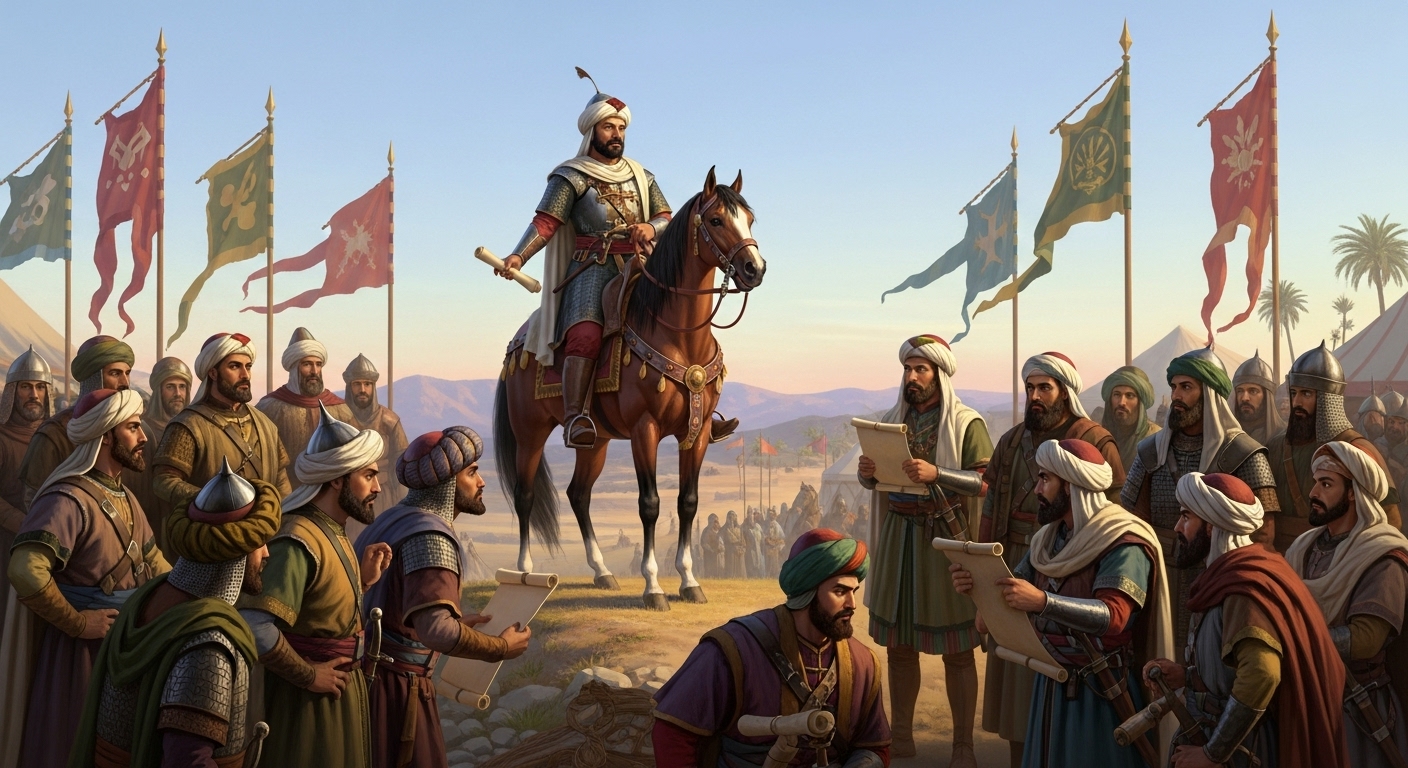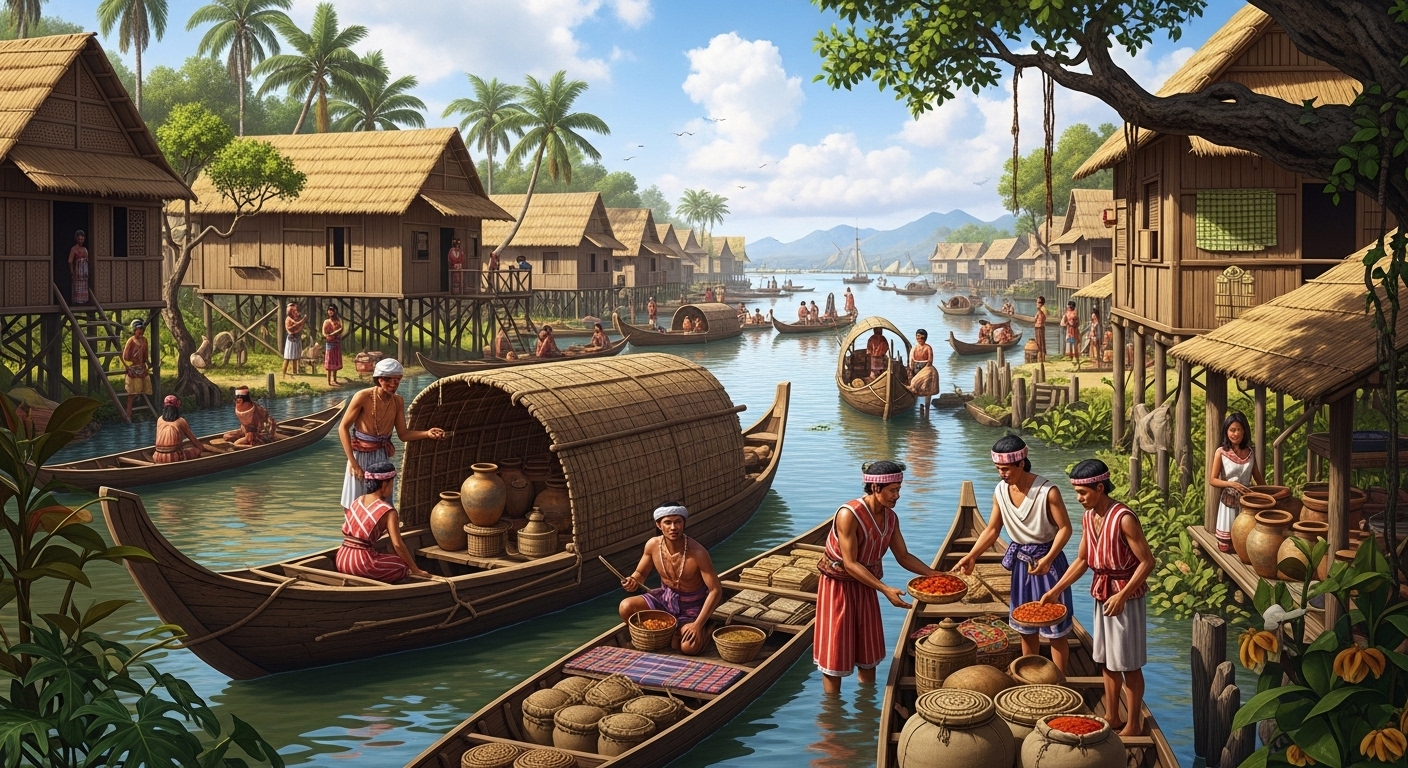France, a nation renowned for its cultural heritage and revolutionary ideals, also boasts a formidable history as a global power, once commanding one of the largest colonial empires the world has ever seen. This ambitious pursuit of influence, driven by economic necessity, national prestige, and strategic might, propelled France onto the world stage for centuries. Understanding the history of French colonial empire involves delving into its vast territorial expansions, its unique administrative approaches, and the eventual factors leading to the decline of French global power.
The Ambition to Dominate: Why France Nearly Ruled the World
The question of why France nearly ruled the world is rooted in centuries of strategic foresight, economic drive, and a fervent belief in its cultural and political superiority. From the Age of Exploration onward, French monarchs and later republican governments sought to expand their influence far beyond European borders.
Early French Colonial Ventures (16th-18th Centuries)
The genesis of French global aspirations began with the First French Colonial Empire, which took shape from the 16th to the early 19th centuries. Explorers like Jacques Cartier and Samuel de Champlain were instrumental in claiming vast swathes of North America, establishing the territories known as New France, encompassing present-day Canada and the immense Louisiana territory. Beyond the North American mainland, France also established lucrative colonies in the Caribbean, including Haiti (Saint-Domingue), Martinique, and Guadeloupe, as well as trading posts in India and along the coasts of West Africa.
The economic engine of this early empire was diverse yet brutally effective. In North America, the fur trade thrived, while the Caribbean islands became centers of massive wealth generation through slave plantation economies, producing sugar, indigo, tobacco, and coffee. Underlying these ventures were the prevailing ideologies of the era: Mercantilism, which dictated that colonies existed to enrich the mother country through raw materials and exclusive markets, and the controversial “civilizing mission” (Mission civilisatrice), which posited that France had a duty to bring its culture, language, and institutions to indigenous populations[1].
However, this initial period was fraught with conflict. The most devastating blow came with the Seven Years’ War (known as the French and Indian War in North America) (1756-1763), which saw France lose significant territories to rival European powers, primarily Great Britain and Spain, marking a temporary ebb in its global ambitions.
The Resurgence: Second French Colonial Empire (19th-20th Centuries)
After the turmoil of the Napoleonic Wars and the loss of much of its first empire, France embarked on a remarkable resurgence, building the Second French Colonial Empire from the 19th century onwards. The conquest of Algeria in 1830 marked a pivotal new beginning, laying the groundwork for future expansion.
The late 19th century witnessed France’s deep involvement in the “Scramble for Africa,” acquiring vast territories across West and Equatorial Africa, including Tunisia, Madagascar, Niger, Mali, and Ivory Coast. Simultaneously, French influence spread across Southeast Asia, leading to the formation of French Indochina, encompassing modern-day Vietnam, Cambodia, and Laos.
The empire reached its zenith between 1919 and 1939, becoming the second largest colonial empire by area, trailing only the British Empire. This peak was further bolstered by the acquisition of former German and Ottoman territories as mandates after World War I, such as Cameroon, Togo, Syria, and Lebanon[2]. The motivations behind this expansion were multifaceted: a dire need for raw materials to fuel industrial growth, new markets for French goods, a powerful desire for national prestige and a strategic advantage over European rivals, and the availability of military manpower from the colonies.
The Structure of French Colonial Administration
A defining characteristic of the French colonial empire was its highly centralized and often rigid administrative system, known primarily as direct rule. Unlike some other colonial powers that relied more on indirect governance through local elites, France sought to integrate its colonies more directly into its national structure.
Highly Centralized Control (Direct Rule)
Authority over the colonies emanated directly from Paris, specifically through the Ministry of Colonies (or the Ministry of Navy in earlier periods). French officials were appointed to key positions, with Governor-Generals overseeing vast federations of colonies, such as the Governor-General based in Dakar for French West Africa (Afrique occidentale française, AOF). Below them, Lieutenant Governors were assigned to individual colonies, ensuring strict adherence to metropolitan directives.
Hierarchical System within Colonies
Within each colony, a hierarchical system of administration was established. The largest administrative units were often divided into “Cercles,” which were overseen by European “Commandants du Cercle”. These officials held significant power, acting as judges, tax collectors, and enforcers of French policy. Beneath the Cercles were “Cantons” and “Villages,” administered through appointed African “Chefs de canton” and “Chefs du Village”. While these local leaders retained some traditional titles, their authority was largely subordinated to the French system, acting as intermediaries between the colonial administration and the indigenous populations.
Policies of Assimilation and Association
At the heart of French colonial policy lay the concept of assimilation, an extension of the Mission civilisatrice. This ideology aimed to transform colonial subjects into French citizens, integrating them culturally and legally into the French nation. This meant the direct imposition of French legal and governance systems, often actively undermining or replacing traditional indigenous structures and customs. Education in French language and culture was promoted, with the ultimate goal of creating a French-speaking elite who would align with French values.
While assimilation was the stated ideal, in practice, a policy of association often prevailed, particularly in the later empire. This recognized the impracticality of full assimilation for vast populations and sought instead to work with, rather than entirely absorb, local customs, albeit still under French paramountcy. However, even with association, representation for indigenous populations remained severely limited; for instance, bodies like the Grand Council of French West Africa largely held only consultative powers, with real authority residing with French appointees.
Factors Contributing to French Global Power
The ability of France to establish and maintain such a vast empire was not accidental. It was the culmination of several historical strengths and strategic choices that positioned France as a formidable global contender. These factors collectively explain why France nearly ruled the world for extended periods.
Historical Strengths and Resources
From the medieval period, France emerged as a powerful European state, benefiting from a large population and significant wealth relative to many of its neighbors. Its extensive fertile land ensured strong agricultural output, providing a robust economic base and a large workforce. Furthermore, France’s early centralization of the state, particularly under monarchs like Louis XI and later Louis XIV, provided the administrative efficiency and unified will necessary for large-scale national projects, including overseas expansion.
Strategic Ambition and Military Prowess
Key to France’s global ambitions was the presence of ambitious leadership and consistent investment in military capabilities. Visionary leaders such as Louis XIV, who famously declared “L’état, c’est moi” (I am the state), and Napoleon Bonaparte, who sought to dominate Europe and beyond, spearheaded aggressive expansionist policies. This ambition was backed by the development of a strong navy, crucial for projecting power across oceans and securing trade routes, and a formidable army. The strategic pursuit of naval bases and supply centers globally further solidified French control over distant territories and ensured the logistical support for its warships and merchant fleets.
Economic Imperatives
Economic motivations were consistently at the forefront of French colonial policy. As Europe industrialized, there was an increasing need for new markets to sell manufactured goods and, crucially, for reliable sources of raw materials like rubber, minerals, and agricultural products that could not be produced domestically. The colonies provided both. This pursuit was intensified by fierce competition with rival European powers, especially Great Britain, Spain, and Portugal. Control over colonial territories was seen not just as an economic boon but as a crucial indicator of national power and prestige in a globalized competitive landscape.
The Decline of French Global Power and Decolonization
Despite its vastness and sophisticated administration, the French colonial empire was not immune to the seismic shifts of the 20th century. A confluence of internal and external pressures led to the eventual decline of French global power and the widespread wave of decolonization.
Impact of World Wars
The two World Wars proved devastating to France’s imperial project. The massive economic and human resource drain on France itself, coupled with the weakening of centralized control over colonies during periods like the Vichy government’s collaboration or the German occupation, profoundly impacted its ability to maintain its grip. Crucially, colonial subjects, who had fought and died for France during these wars, returned home with heightened awareness of their own rights and a growing sense of nationalist identity, fueling demands for self-determination.
Rise of Nationalist Movements
The post-war era saw an undeniable surge in nationalist movements across the French Empire. Indigenous populations, no longer willing to accept foreign rule, actively sought self-determination. Iconic struggles for independence emerged in places like Vietnam (Indochina) and Algeria. Many anti-colonial leaders, ironically, were educated in France itself, where they imbibed republican ideals of liberty, equality, and fraternity, which they then turned against the colonial system itself.
Economic Pressures and Unsustainability
Maintaining a vast empire, especially one facing widespread dissent, proved to be an enormous and increasingly unsustainable financial burden. The high cost of deploying military forces to suppress independence movements, particularly in Algeria and Indochina, placed immense strain on the French economy. Moreover, the economic benefits of colonialism, once widely assumed, began to be questioned as the direct costs of administration and military action outweighed perceived gains.
International Pressure and Shifting Global Order
The post-WWII global landscape was dramatically reshaped by the emergence of new superpowers, the United States and the Soviet Union, both of whom generally adopted an anti-colonial stance, albeit for different ideological reasons. This international pressure, combined with the growing influence of the United Nations and its fervent promotion of the principle of self-determination for all peoples, created an unfavorable climate for the continuation of colonial empires.
Key Decolonization Events
The decline of French global power was punctuated by several intense and often violent decolonization events. The Indochina Wars (1945-1954) culminated in Vietnamese independence, a bitter and costly defeat for France. The Algerian War of Independence (1954-1962) was even more brutal, tearing at the fabric of French society and ultimately leading to Algeria’s freedom[3]. These struggles set a precedent, and throughout the 1950s and 1960s, a widespread wave of independence swept across French African colonies, largely peacefully in West and Equatorial Africa, marking the end of the formal empire.
The Enduring Legacy
While the formal history of French colonial empire concluded in the mid-20th century, its legacy is far from over. France continues to administer several overseas departments and territories across the globe, maintaining a presence in the Americas, Africa, and Oceania. The most pervasive legacy is cultural and linguistic; French remains an official language in numerous former colonies, forming the backbone of the Francophonie, an international organization promoting French language and culture. This enduring connection facilitates continued economic and political ties, shaping post-colonial relationships and contributing to France’s ongoing influence on the world stage, albeit in a vastly different form than its imperial past.
References
- [1] New World Encyclopedia. “French colonial empire.”
- [2] Wikipedia. “French colonial empire.”
- [3] Ministry of Foreign Affairs of the Russian Federation. “On the 60th anniversary of the end of the Algerian War.”

